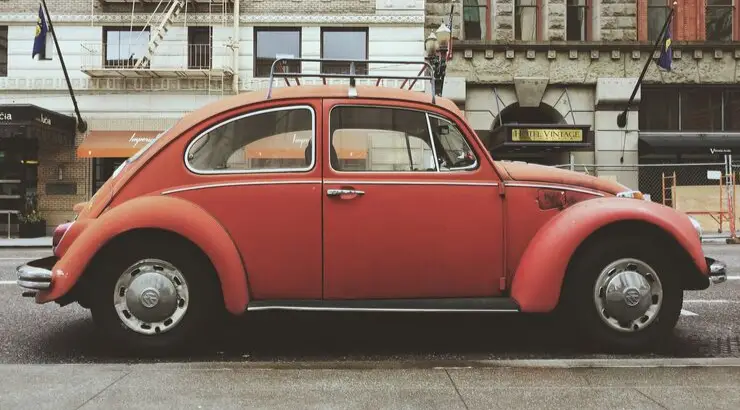Good News
Volkswagen is Now Converting Classic Beetles to Electric
Volkswagen hopes that the concept catches on, and plans to transfer it to other classic vehicles.

(TMU) — Owners of the iconic Volkswagen Beetle will be able to give their classic compact car a new lease on life by replacing its engine with an entirely new electric battery-powered motor.
The German auto giant’s announcement comes just after the last Bug rolled off of the the production line in Puebla, Mexico, this past summer.
The company’s Volkswagen Group Components teamed up with German electric vehicle converter eClassics to design a special conversion kit for the iconic car.
Thomas Schmall, a board member of VW Group Components, said in a press release:
“The electrified Beetle combines the charm of our classic car with the mobility of the future. Innovative e-components from Volkswagen Group Components are under the bonnet—we work with them to electrify historically important vehicles, in what is an emotional process.
We are also providing Beetle owners with a professional conversion solution, using production parts of the highest quality.”
Owners will be able to have the beetle’s four-cylinder engine completely removed while a motor based on the new Volkswagen e-up! city car—which will include an electric drive, 1-speed gearbox and battery system—will be built into the underbody.
The new engine will beef up the weight of the classic Beetle, requiring owners to adapt and reinforce the chassis and brake system.
The change will also give the e-Beetle turbo-charged speeds, allowing it to accelerate from 0 to 50 miles-per-hour in only eight seconds while topping out at 93 mph (150 kilometers per hour). While a tad slow by typical EV standards, the car will be far quicker than the original.
The battery will have a range of about 124 miles (200 kilometers), and recharging it will take roughly 75 minutes.
For the first time, Beetle drivers will be able to use the boot space to haul around some cargo due to the removal of the rear-mounted engine.
However, anyone who wants the new zero-emission system installed on their Beetle will need to transport their car all the way out to Germany.
The company hopes that the concept catches on, and plans to transfer it to other classic vehicles. Schmall said:
”We are already working together to prepare the platform for the Bus (Kombi), and an e-Porsche 356 could also be pursued in the future.”
The VW Beetle rose to popularity during the hippie era in the United States, when its marketing focused on how uncool and awkward, if cute, it looked. Advertising promoted the Beetle with such cheeky slogans as “Live below your means” and “It’s ugly, but it gets you there.” In 1969, one of the vehicles cost a mere $1,799.
Around that same time, the car was the anthropomorphized star of Walt Disney film The Love Bug, introducing the car to adoring children across the West.
However, the car had a darker history. Volkswagen—or “people’s car” in German—was originally the brainchild of Nazi leader Adolf Hitler, who sought to mass-produce an affordable car for civilian and military purposes. Only after the Second World War was the brand relaunched by British authorities and the Volkswagen Type 1 renamed the “Beetle” to distance itself from its roots in the Third Reich.
By Elias Marat | Creative Commons | TheMindUnleashed.com
Typos, corrections and/or news tips? Email us at Contact@TheMindUnleashed.com
